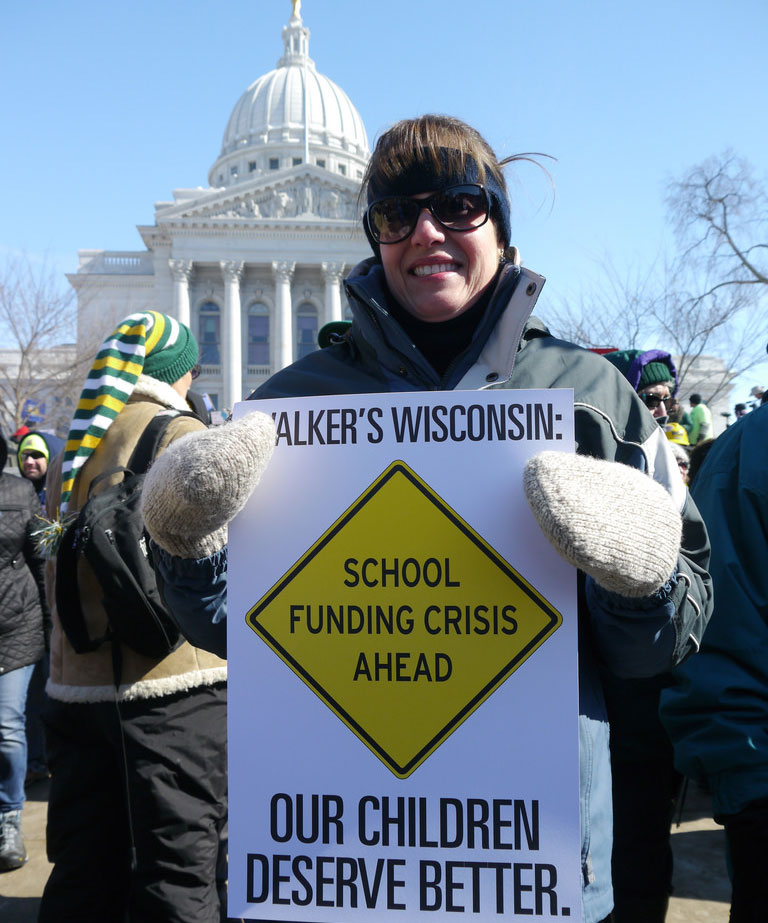
November 26, 2016; Milwaukee Journal Sentinel
Funding public education fairly isn’t easy, and it has become harder with the introduction of school choice options that spread public education allocations to voucher programs and privately managed charter schools. School choice has made it downright difficult to ensure every child gets the same educational opportunities.
Milwaukee, Wisconsin has had years of experience with the kind of school choice reformers advocate. A state program has offered its students tuition vouchers for over 25 years; currently, 26,000 students use these public funds to pay their private school tuitions. The Milwaukee School District operates both traditional public schools and district-managed charter schools. Independently managed charter schools are also an option for Milwaukee students.
State government funding formulas try to make the allocation of public education resources fair. Local funds from taxes, however, reflect the economic differences between communities. The fundraising abilities of schools and school districts also create disparities. The New York Times’ Kwame Anthony Appiah summed up the dilemma posed by uncontrolled local school philanthropy in a recent “Ethicist” column:
Yet even affluent public schools have fewer resources than many private schools. Raising money from parents and other outside donors allows them to do a better job than they otherwise would, resulting in better educations for some children in the public system than for others.
Sign up for our free newsletters
Subscribe to NPQ's newsletters to have our top stories delivered directly to your inbox.
By signing up, you agree to our privacy policy and terms of use, and to receive messages from NPQ and our partners.
The Milwaukee School District plans for philanthropy to help make up for this inequity in funding. It is reinvigorating the school district’s Foundation (formed in 1998) to solicit city businesses, residents, and former students for support. A newly appointed member of the MPS Foundation Board, Tina Chang, spelled out their vision of the challenge to the Milwaukee Journal Sentinel.
“This is all about making sure MPS children get the same opportunities as the most successful choice and charter schools,” [Chang said,] which all have robust fund-raising arms. It’s also about keeping up with suburban districts, many of which raise private funds to fill the gaps when state and local funding fails to keep pace with costs for staff, facilities and programming.
With a new board and staff in place, the Foundation hopes it can raise $850,000 this year. If they are successful, those funds will provide needed programs and services for the district’s students. The district budget is nearly $1 billion dollars with “projected revenue down $1.3 million compared to the 2015-16 amended adopted budget.” The new fundraising plans are as necessary as they are modest, given the funding gap.
The impact on equity of our national reliance on local taxes to fund public schools is too vast to overcome by local philanthropy by most school districts. The growing economic segregation of our country is reflected in public schools, especially those lacking the relationships and influence to meet their needs through philanthropy. This is an area among many where civil society needs to rise to the challenge.—Martin Levine













